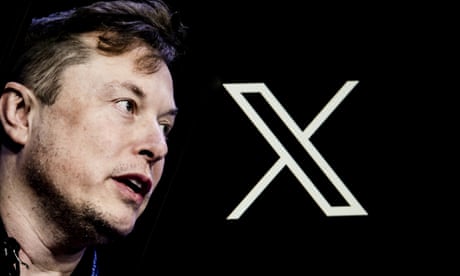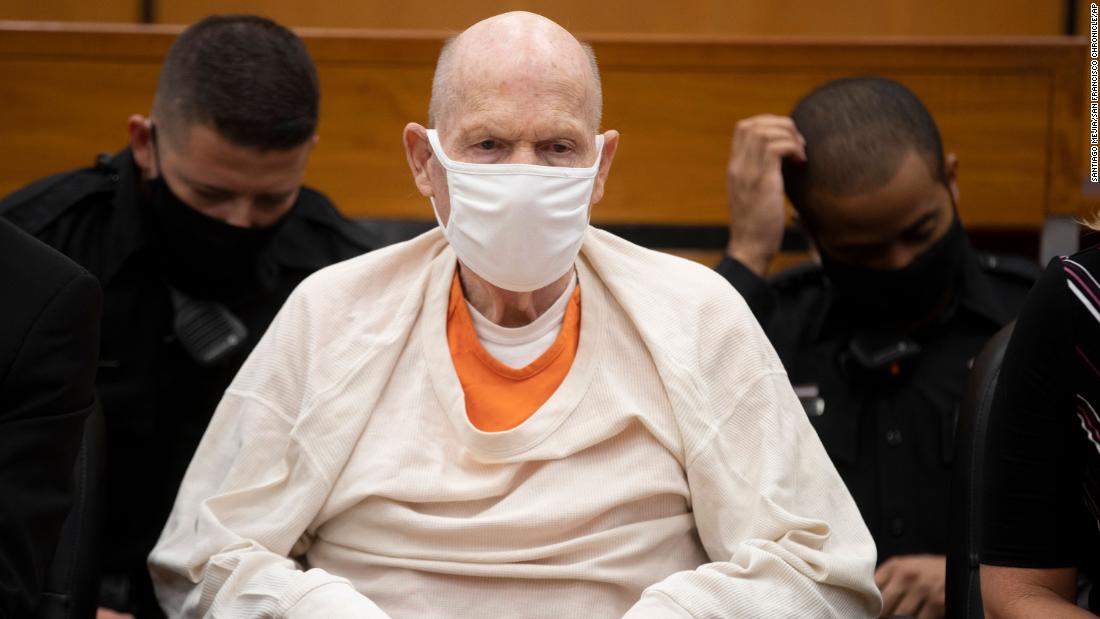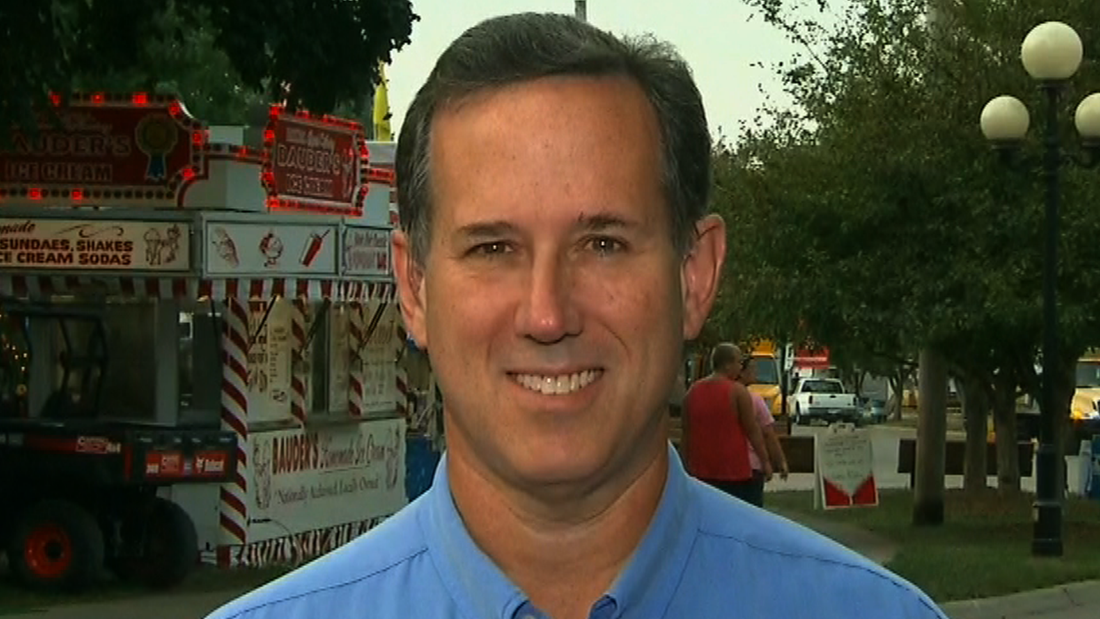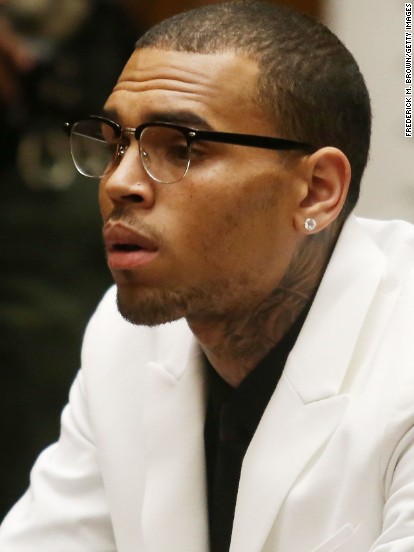- by theguardian
- 21 Sep 2023
While EU regulators take on Elon Musk, Britain�s online safety bill is a beacon of mediocrity | Chris Stokel-Walker
While EU regulators take on Elon Musk, Britain�s online safety bill is a beacon of mediocrity | Chris Stokel-Walker
- by theguardian
- 06 Dec 2022
- in technology

The online safety bill was tabled for discussion in parliament on Monday, resuscitating it from its deathbed and adding yet another chapter to this controversial attempt to bring the internet to heel. But rather than celebrate its return, we should greet it with a groan: an already unwieldy attempt to regulate the internet has become a confusing mishmash of competing interests.
The bill has become a Frankenstein's monster of legislation, in part thanks to the chaotic recent history of UK politics. Successive governments and successive culture secretaries have tried to put their stamp on the legislation, pulling it this way and that until it becomes meaningless. We are now on our fourth prime minister and fifth secretary of state since the idea of legislating the digital sphere was first introduced.
Many hands, in this instance, don't make light work. The bill is a cloddish one, sinking and then suffocating good ideas into a morass of meaninglessness. It has changed from its initial intention - to focus on online abuse and harassment - into a clarion call for "free speech", thanks to the work of Kemi Badenoch, an excuse that is often used by those who spew hatred as a shield for their online abuse.
At times, the focus of the legislation is myopically narrow, looking at a tiny part of a broader issue. The crime of downblousing, while a scourge against women and worth tackling, has been given its own focus in the bill, rather than as part of a more holistic attitude towards the creation and sharing of inappropriate, non-consensual sexual images.
Elsewhere, the online safety bill as written is impossibly broad, trying to encompass huge swaths of how the online world works in a simple way that doesn't match reality. Prime among this? The idea that Ofcom, which struggles at times to regulate the TV sector, will be the arbiter of what's allowed online.
The bill's writing has been full of wilful contradictions: the past government sought desperately to introduce measures against "legal but harmful" speech; the current one demands tech companies don't dare touch it. The legislative package has been touted as the best way to make the UK "the safest place to be online", yet it also puts most of the onus on social media firms to self-police. Historically, letting tech firms handle moderation and regulation has led to the very issues that campaigners - such as the family of Molly Russell - hoped that this legislation would solve.
We are, in a sense, getting the bill we deserve from the politicians we deserve: not a very good one, from not a very good lot. It's a shining beacon of mediocrity; of people too stupid to understand the nuance of one of the most nuanced-filled areas of our modern lives, over-promoted into positions of power and thinking they know better than researchers who have spent their lives looking at these issues.
- by travelpulse
- descember 09, 2016
Resort Casinos Likely Scuttled Under Amended Bermuda Legislation
Premier announces changes to long-delayed project
read more





